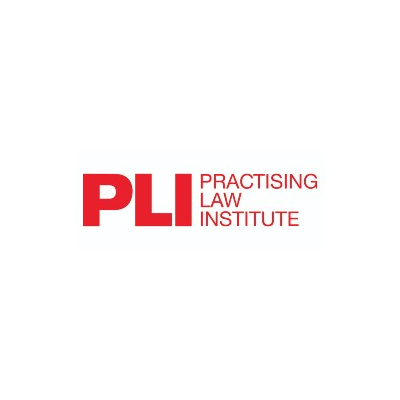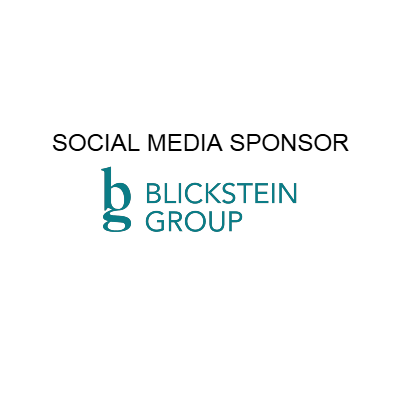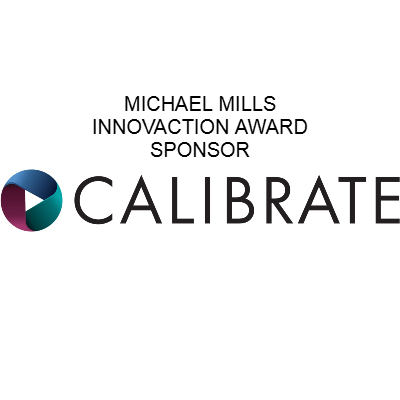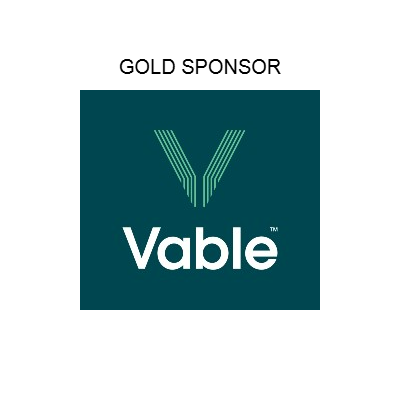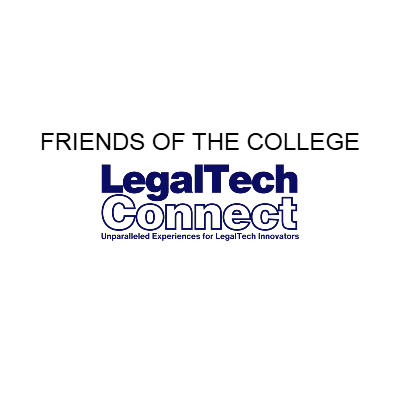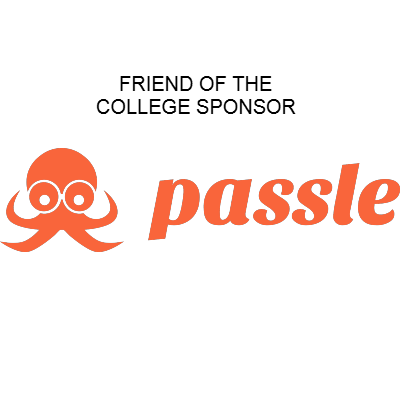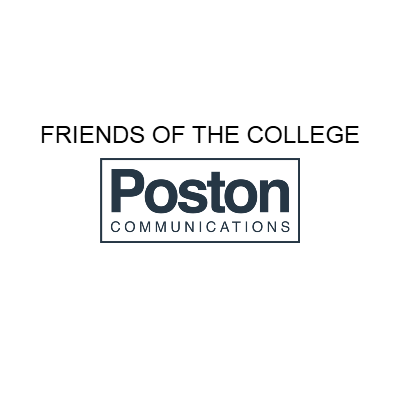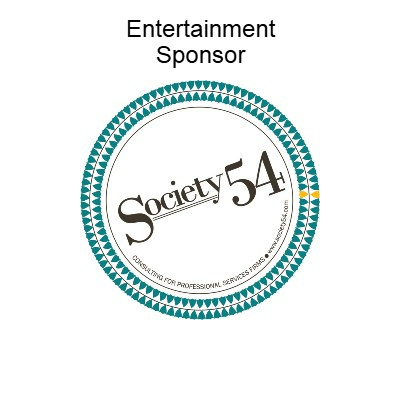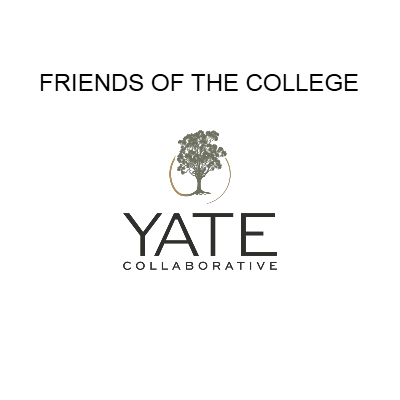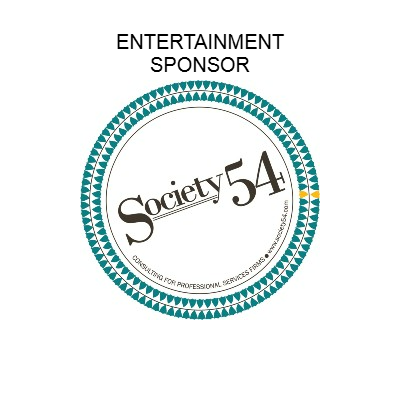Michigan State University College of Law – ReInvent Law Laboratory (2013)The ReInvent Law Laboratory at MSU Law was created by Professors Renee Newman Knake and Dan Katz in spring 2012 to promote innovation in the space of law + tech + design + delivery. Through scholarship, curriculum development, fast-paced conferences, and entrepreneurship training and competitions, ReInvent Law both analyzes and helps build the future of legal services. 1. What goal were you trying to achieve? In terms of legal education, ReInvent Law’s additions to the law school curriculum are important to educate young lawyers for the legal market of the next two decades—something many law schools seem to be failing to do. Overall legal spend is increasing, but traditional lawyers are getting a smaller piece of the pie. We want to help prepare our students to invent and work in growing areas of the legal market. Furthermore, we hope that if Michigan State University College of Law (MSU Law) grads can set themselves apart with quantitative and entrepreneurial skills, it will equip them to compete with law grads from first-tier law schools for the new law jobs of the twenty-first century. Many companies and law firms looking for law students with more business and tech skills than the average law grad have begun contacting us for grads they can hire, and that is a great connection for our students. Also, until recently there has been little investment in legal startups and innovations. By building a community and providing opportunities for members of the legal, tech, capital, and other industries to see what each other are doing, we can help spur innovations that improve legal services to both businesses and consumers. We know we have connected at least one startup to an investor, as a venture capitalist recently tweeted that he “found a company to invest in” at our Silicon Valley conference. 3. How did you gather the internal support, resources and personnel to make it happen? Was there resistance? We are also very grateful to have external support from the Kauffman Foundation, which has made our domestic conferences possible, and LexisNexis, which helps sponsor our London conferences. 4. What was the most satisfying aspect of making your project a reality? We have been told by a few students in the most recent 1L class that they came to MSU Law specifically because of the ReInvent Law program. This shows us that an education in technology, quantitative methods, e-discovery, and the current legal services market is in demand by bright legal students. When we started, we felt we were filling a hole in legal education, but it wasn’t clear yet that students knew the hole existed—it’s gratifying to see that students value the classes and experiences we work to provide them. 5. How have you measured the success of your innovation over time? Another measure of success are the number of students who graduate from MSU Law having taken our courses and then go on to find jobs in e-discovery companies, innovative law firms, and other forward-thinking legal service companies. 6. How have your lawyers, staff and clients responded to this innovative accomplishment? As with most new things that challenge the status quo, there was some resistance from a few colleagues. However, with the support of our Dean and by showing colleagues our successes in helping students find job opportunities in growing areas of legal services, we have been able to garner enough support to make strong additions to the law school curriculum. 7. What has been the reaction from your competitors, or from the local legal community and media? Our most recent conferences have been either largely or fully funded by sponsorships from the legal community, demonstrating that our message and work is something that large players are interested in being a part of. Our New York City conference in February 2014 is co-sponsored by a member of the legal media, the ABA Journal. 8. What advice do you have for others who might wish to make something new happen in their law practice or firm? |


